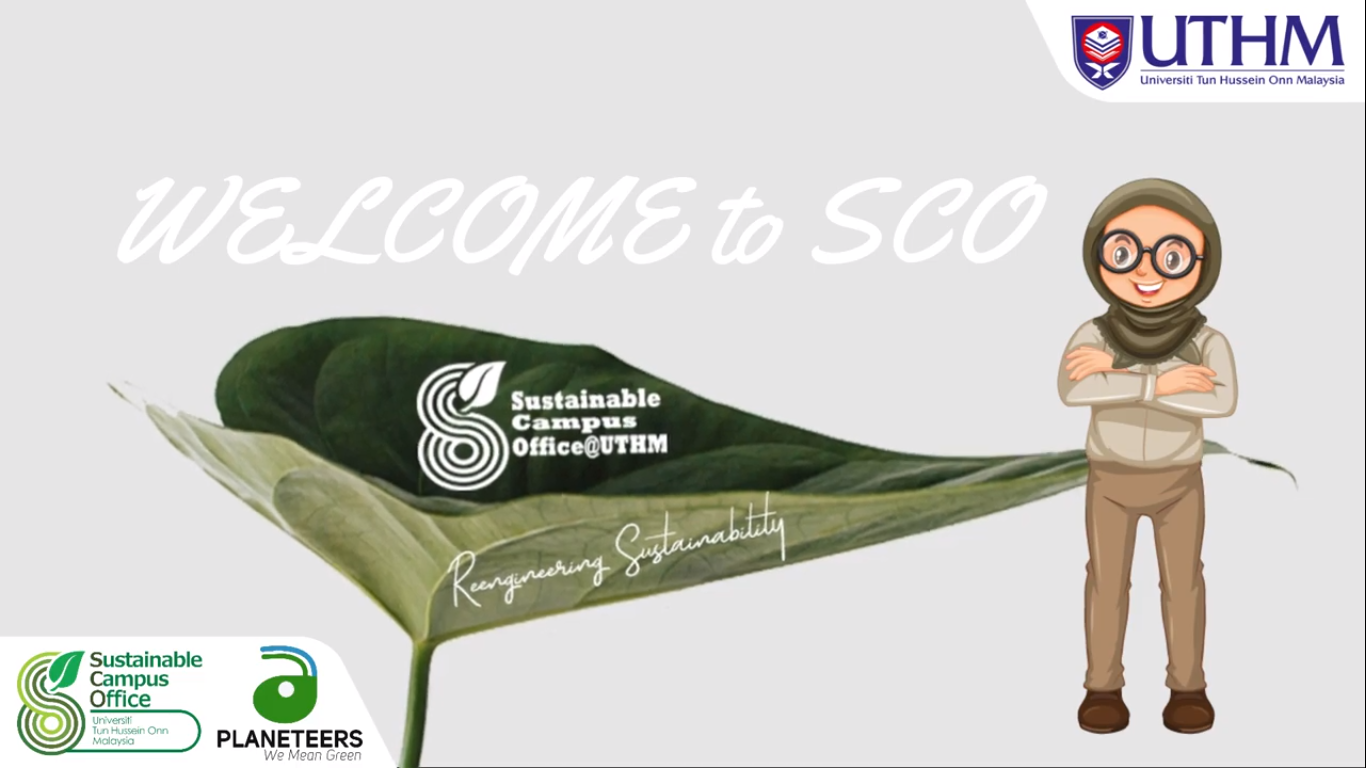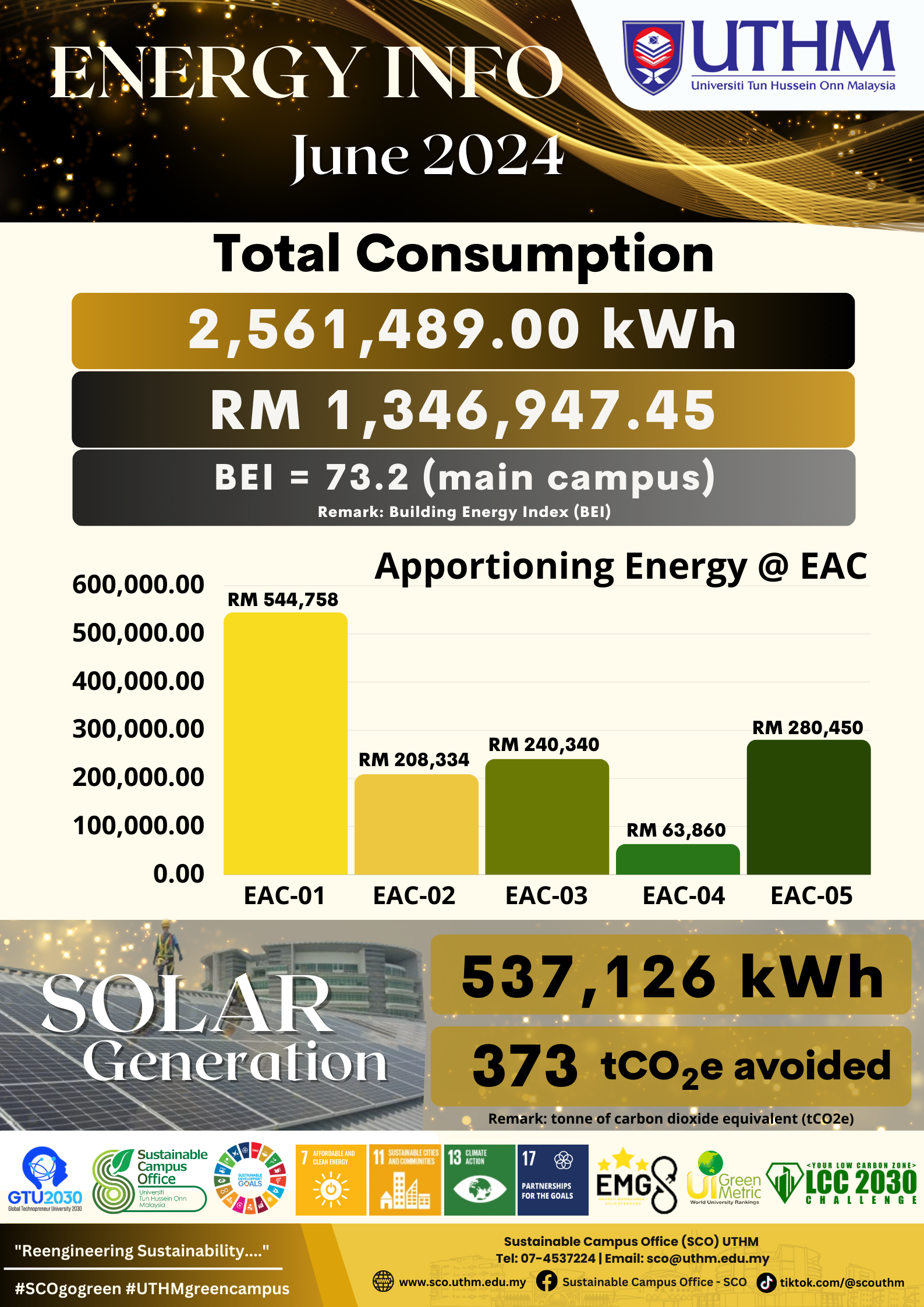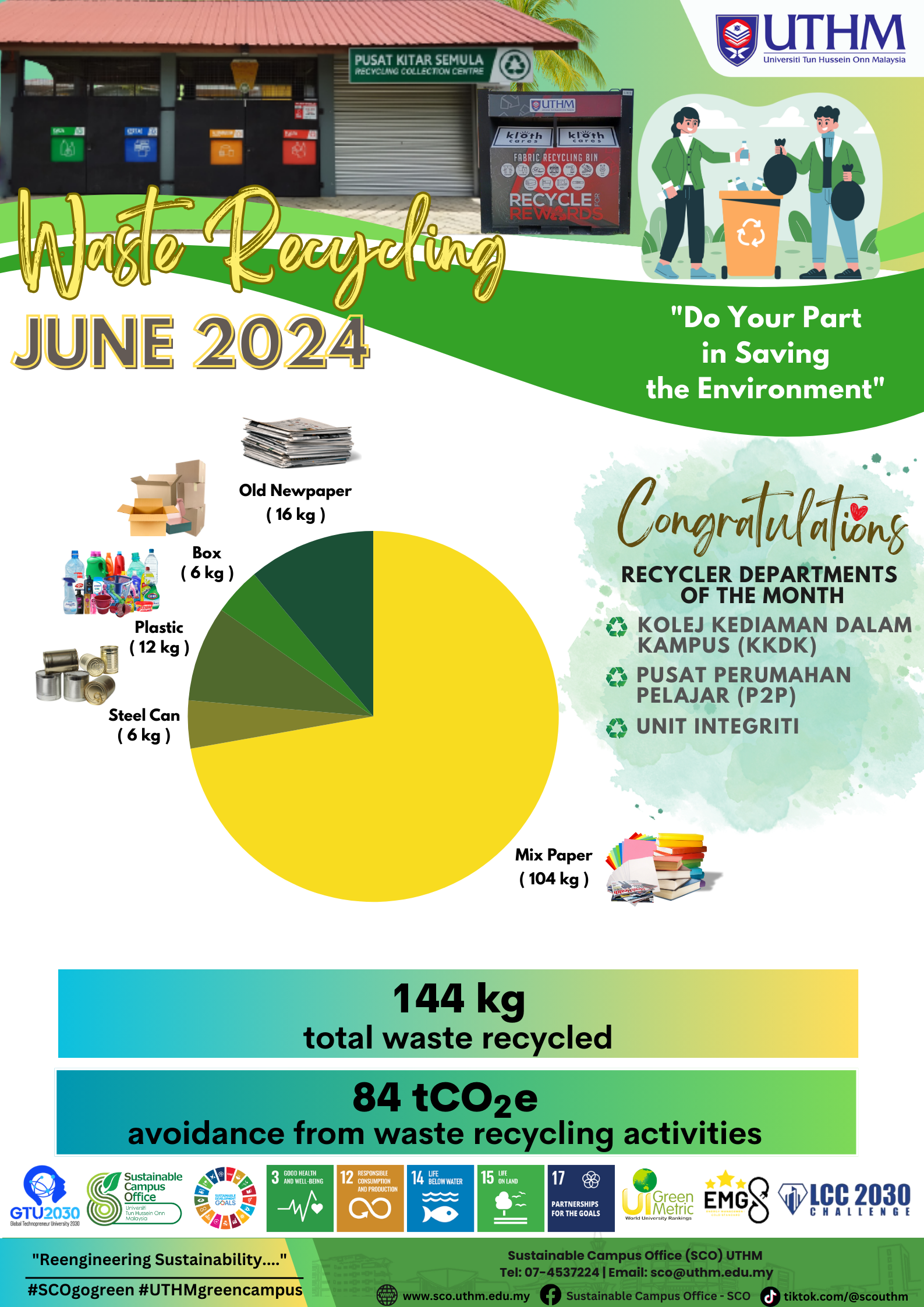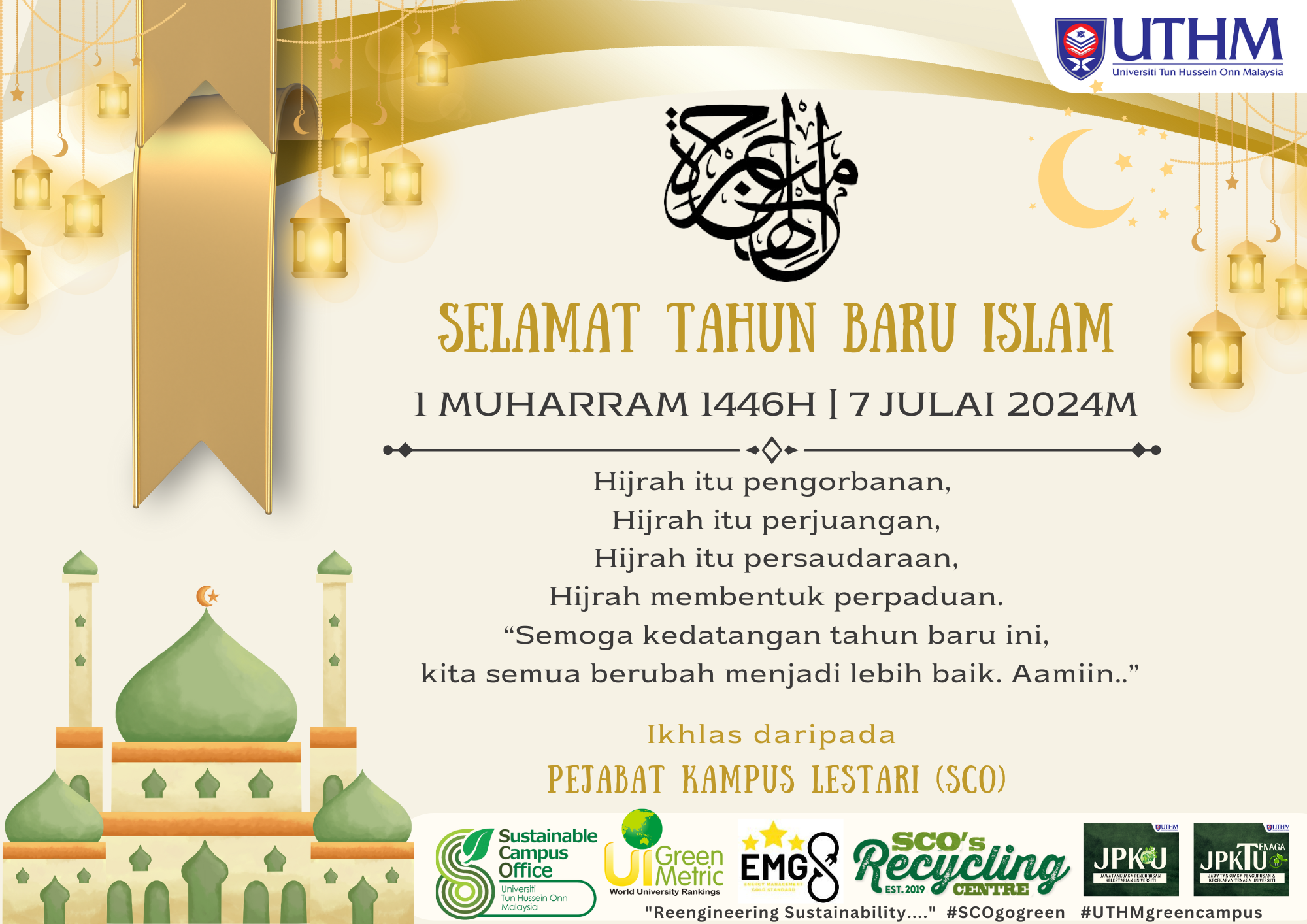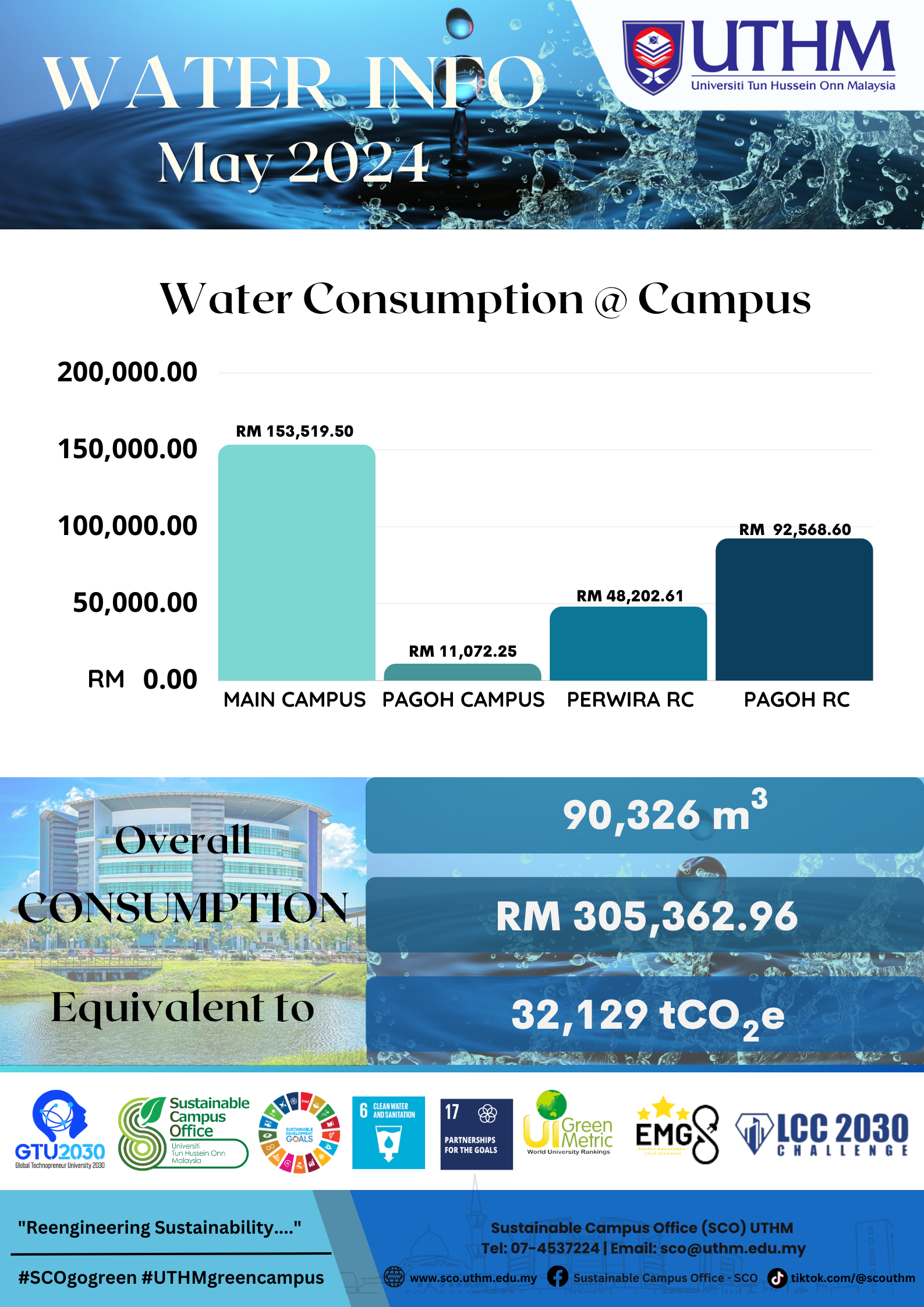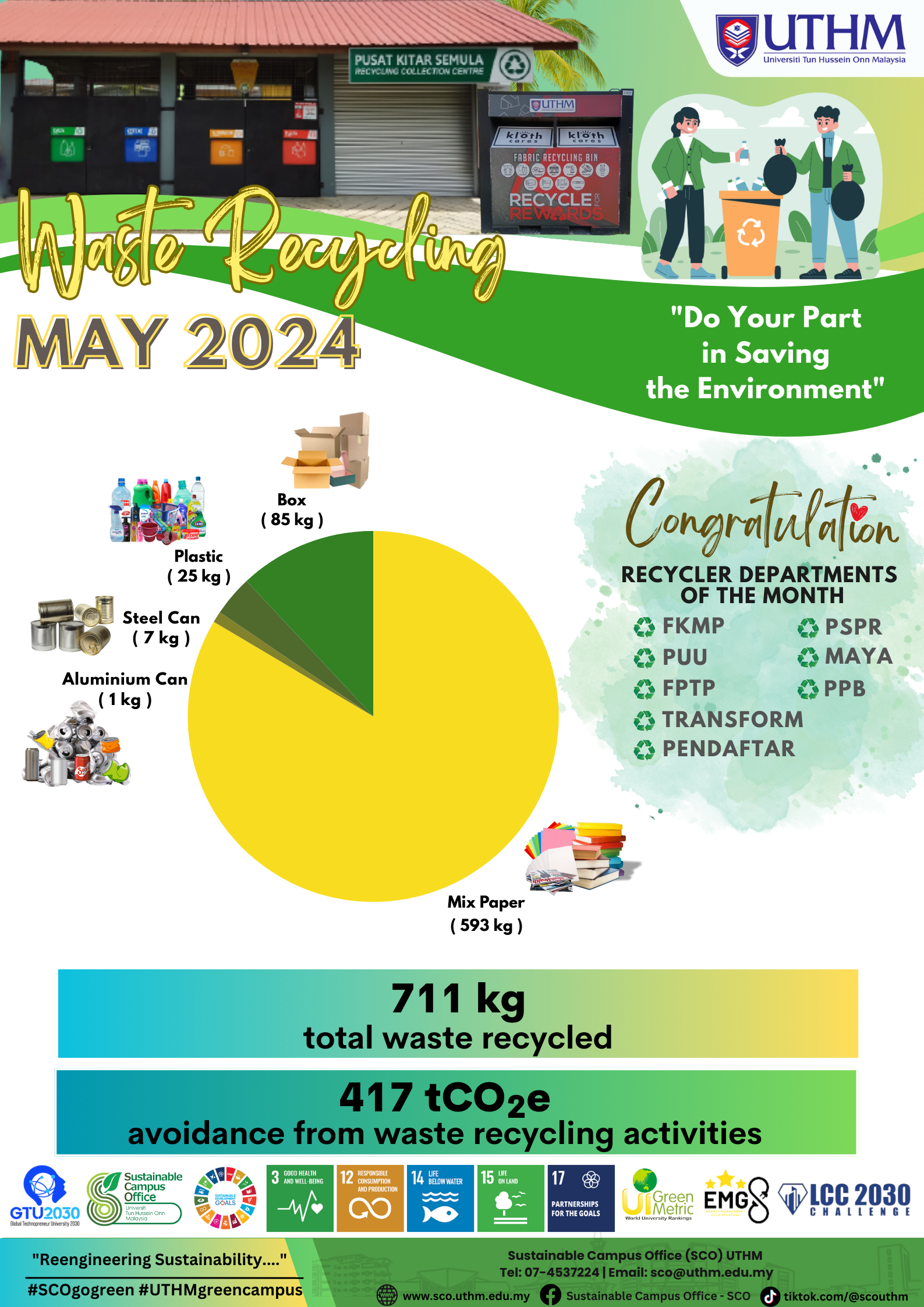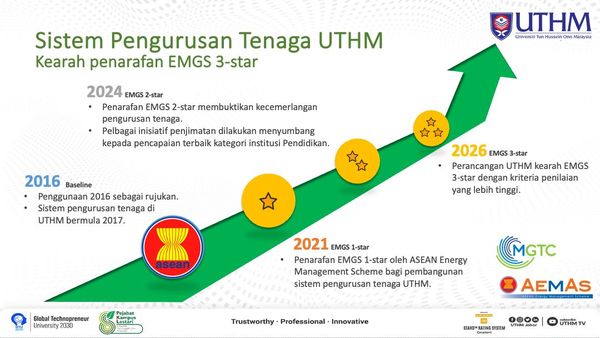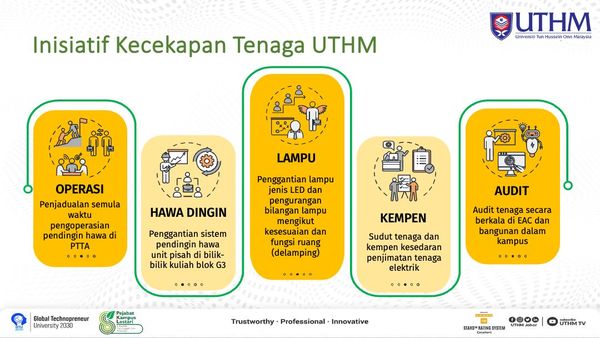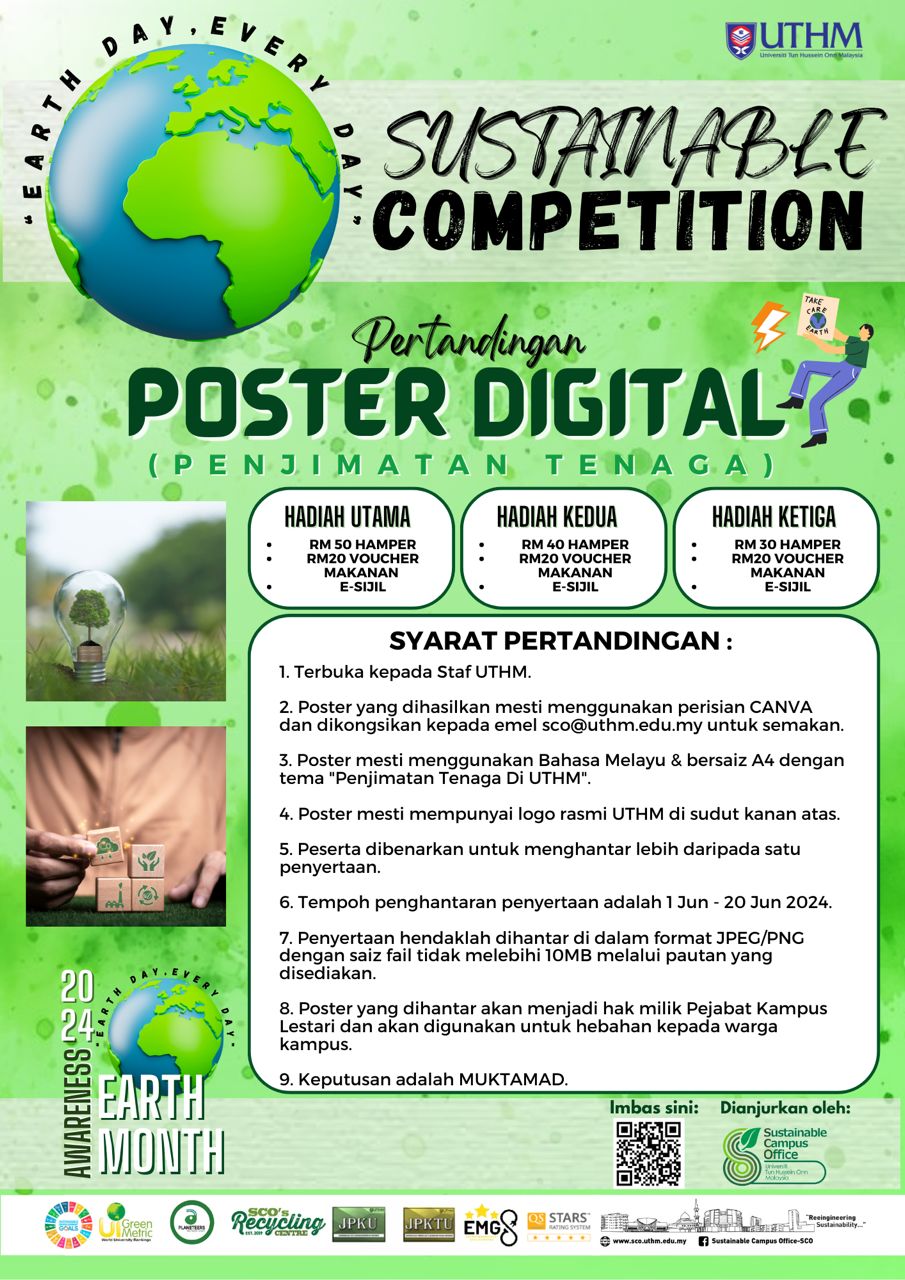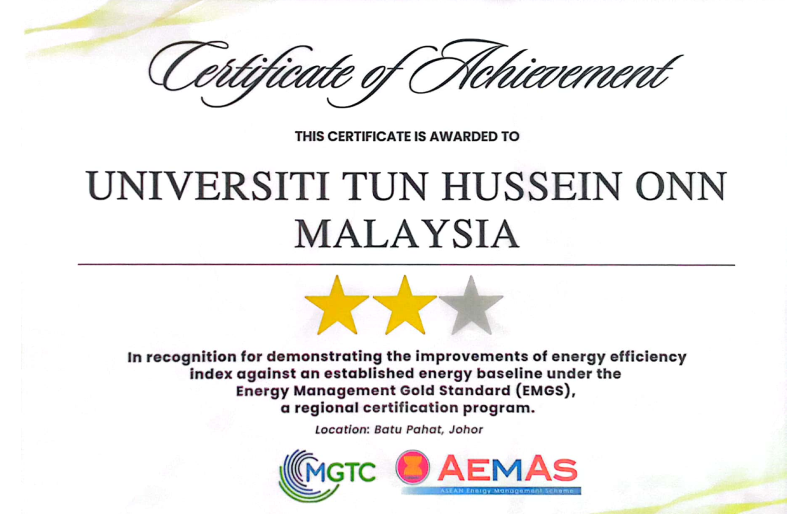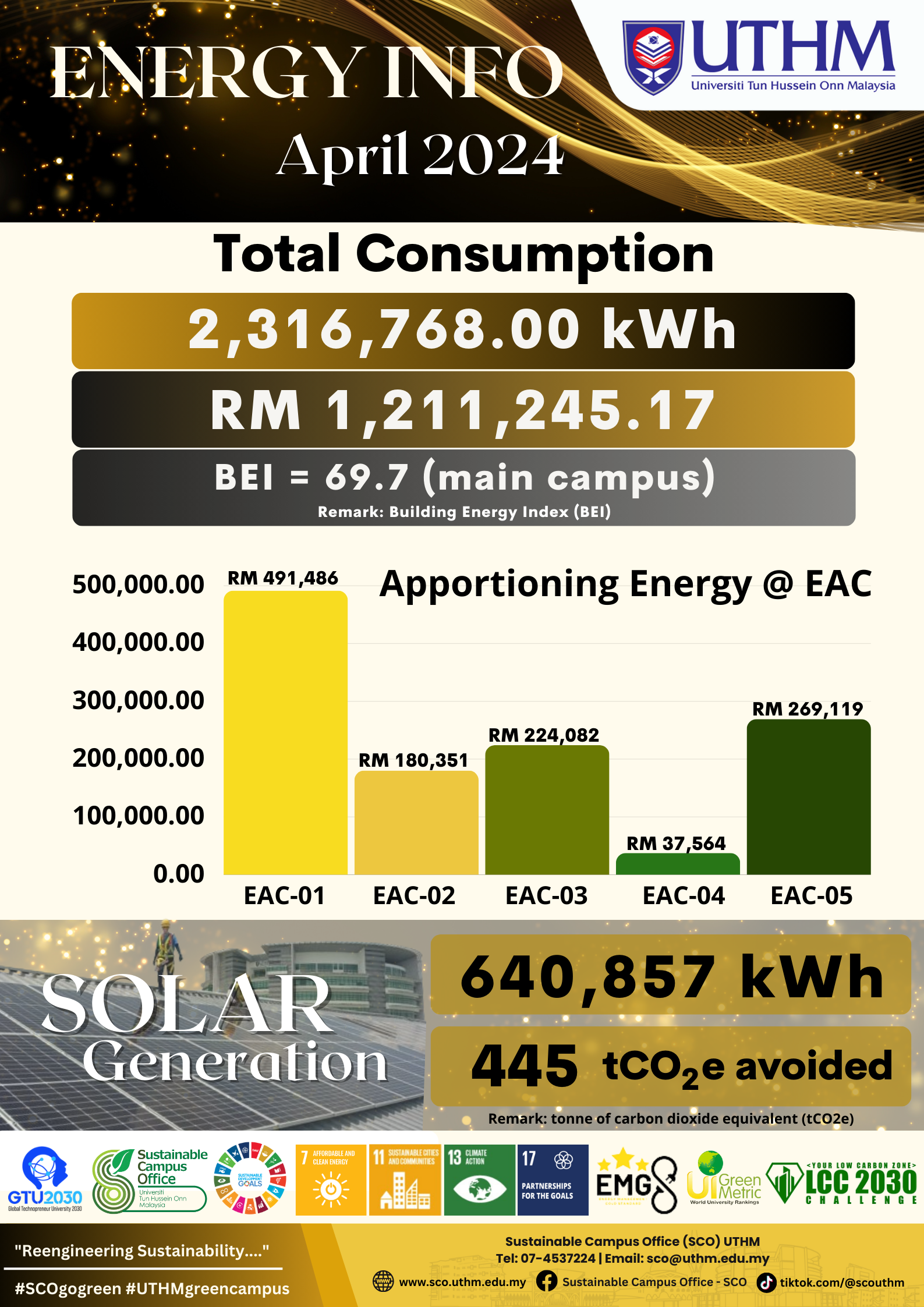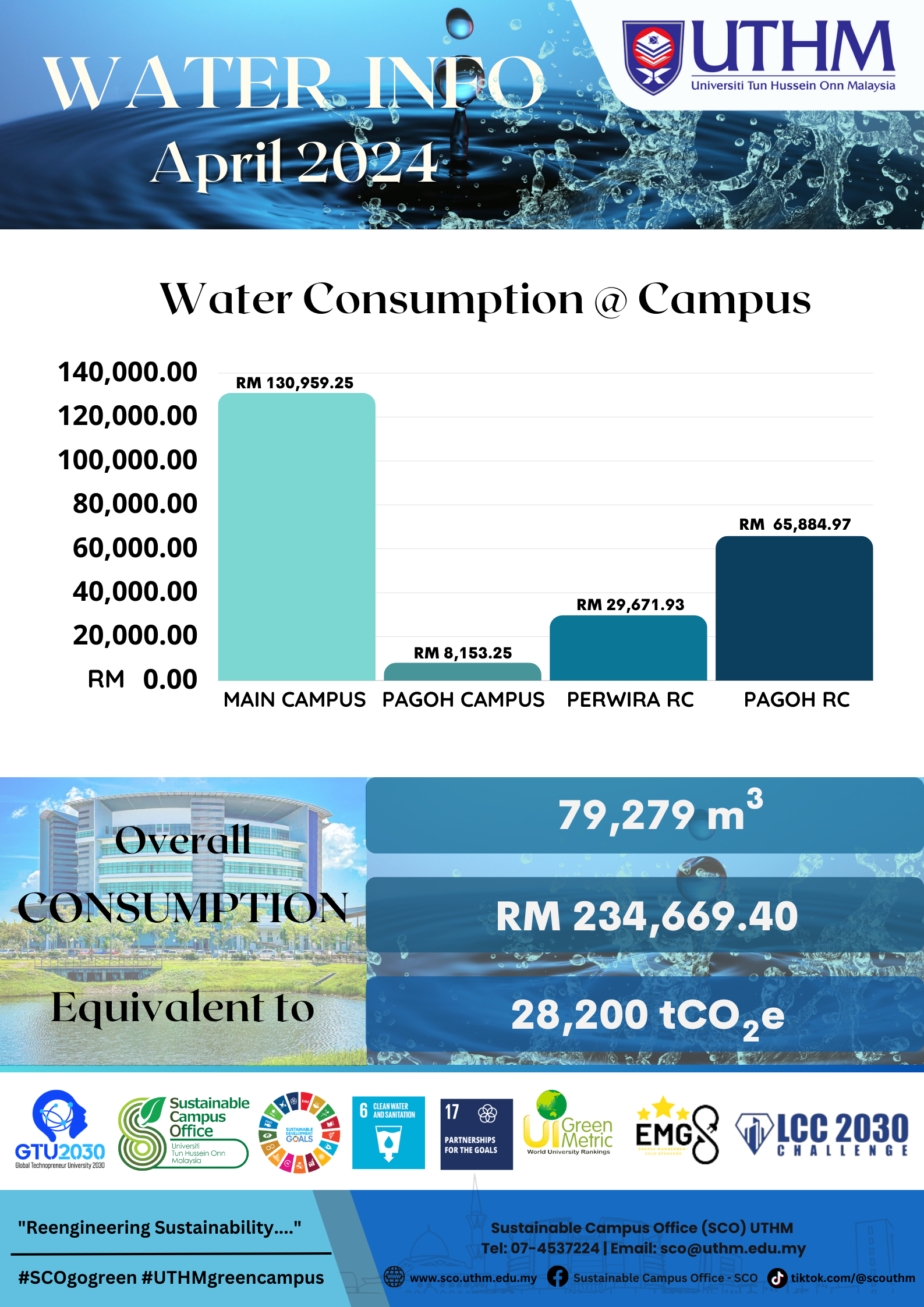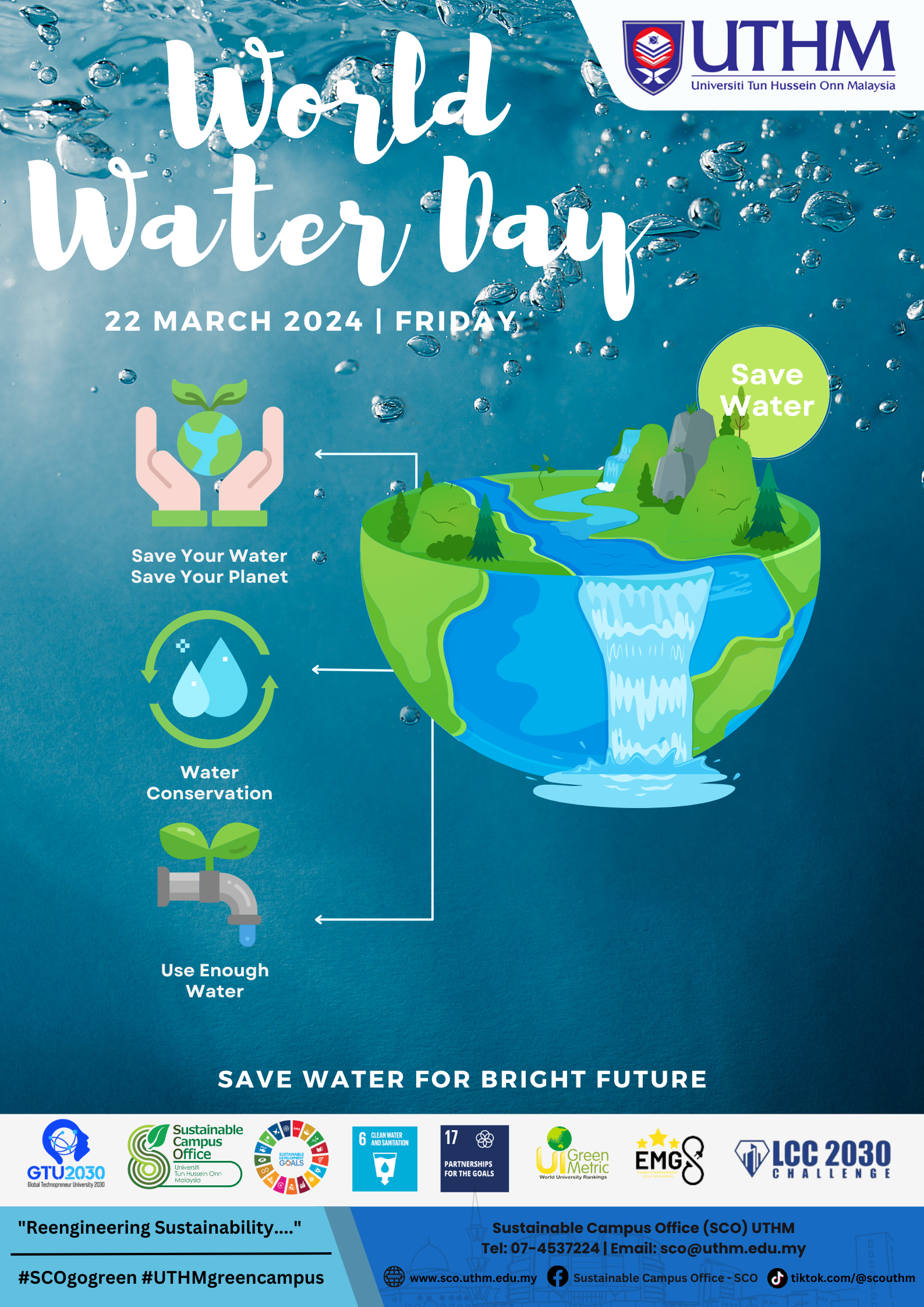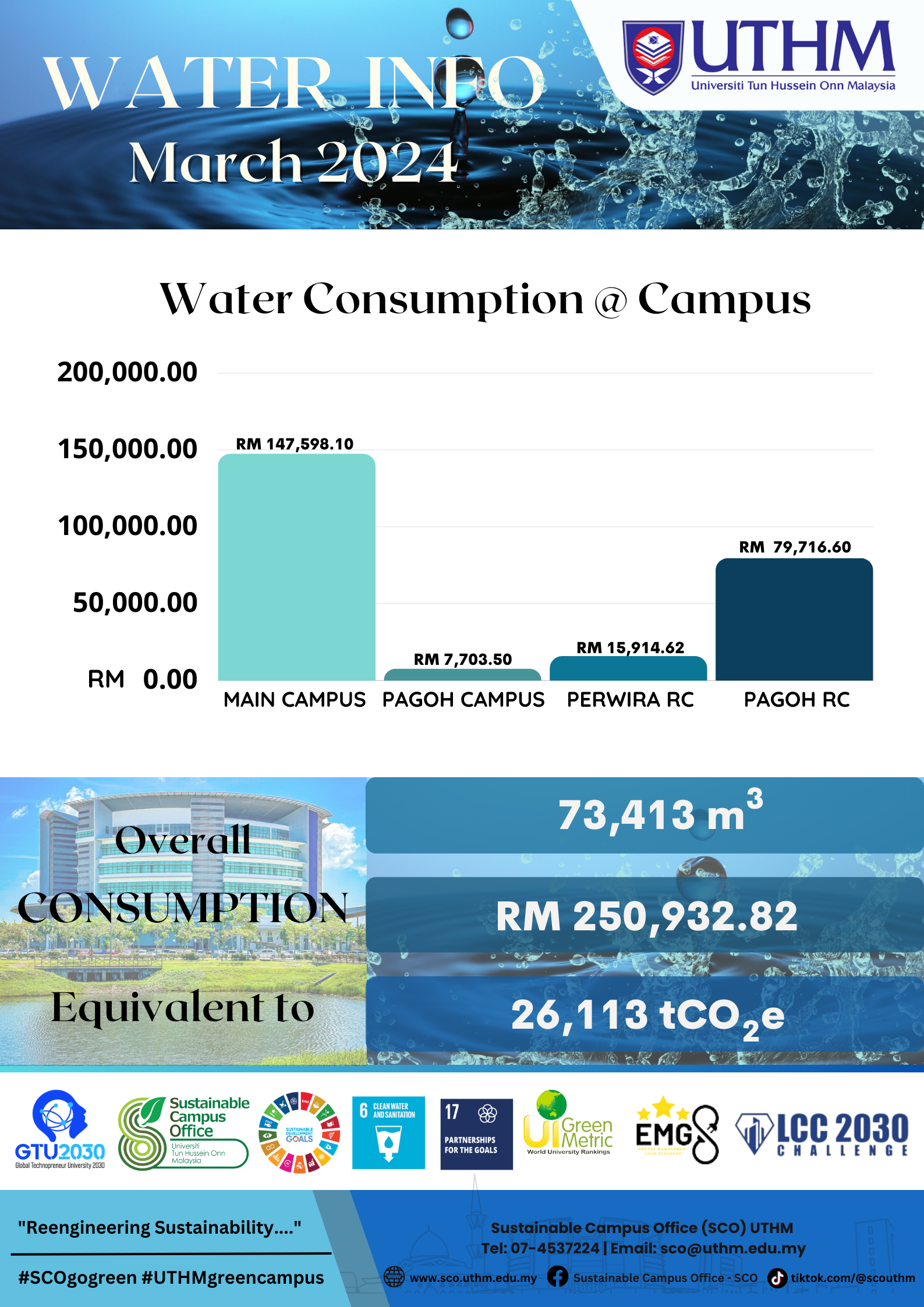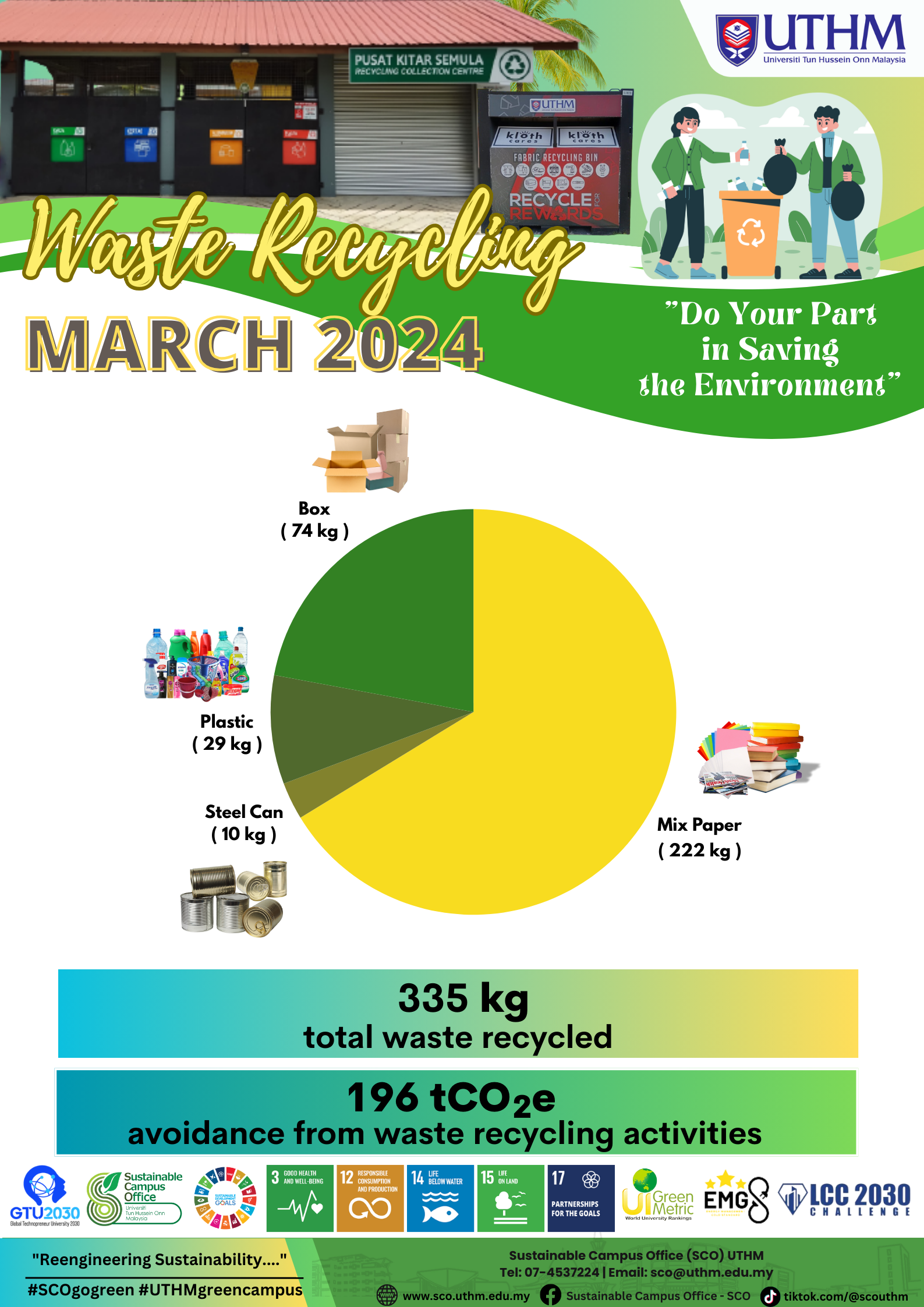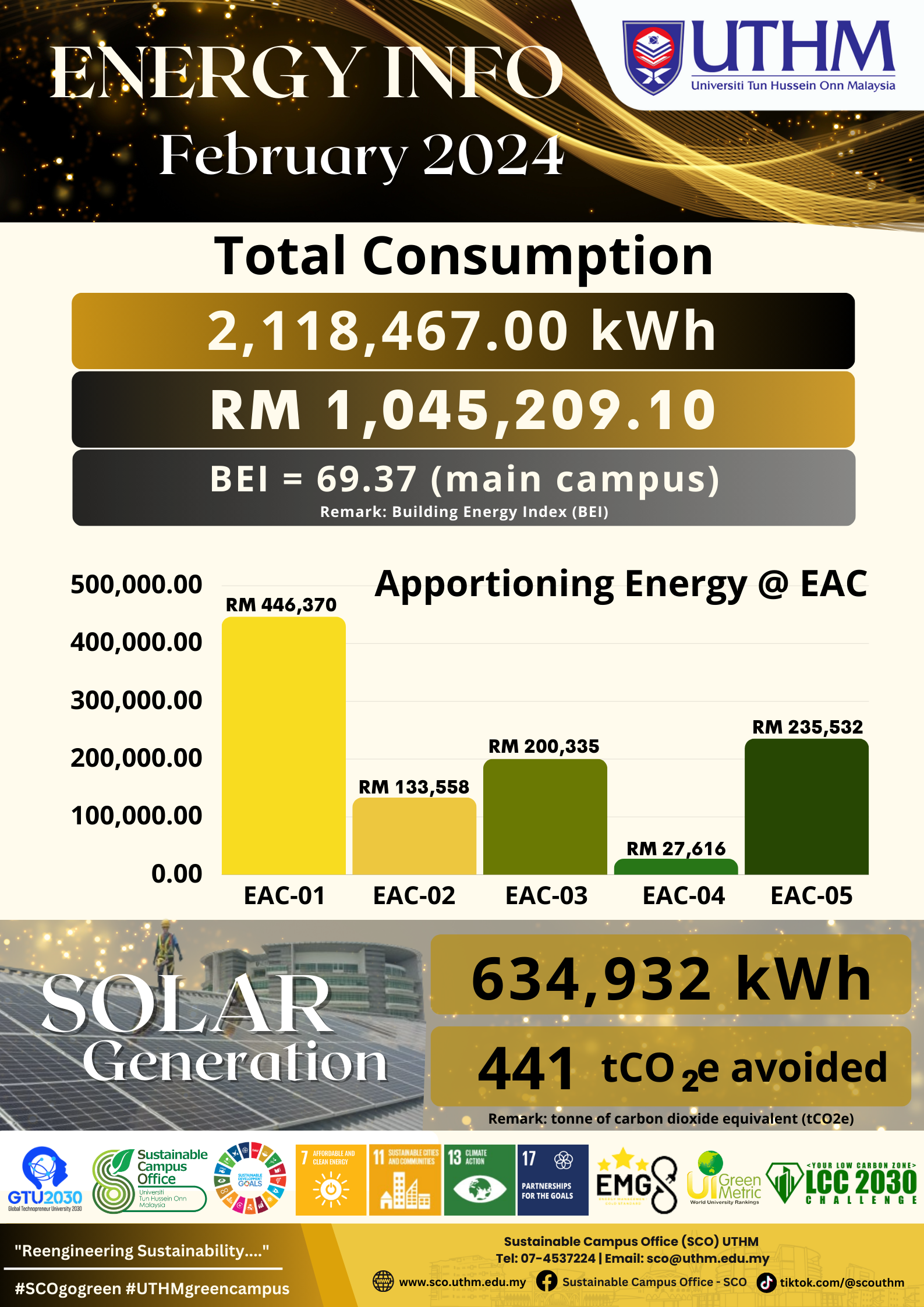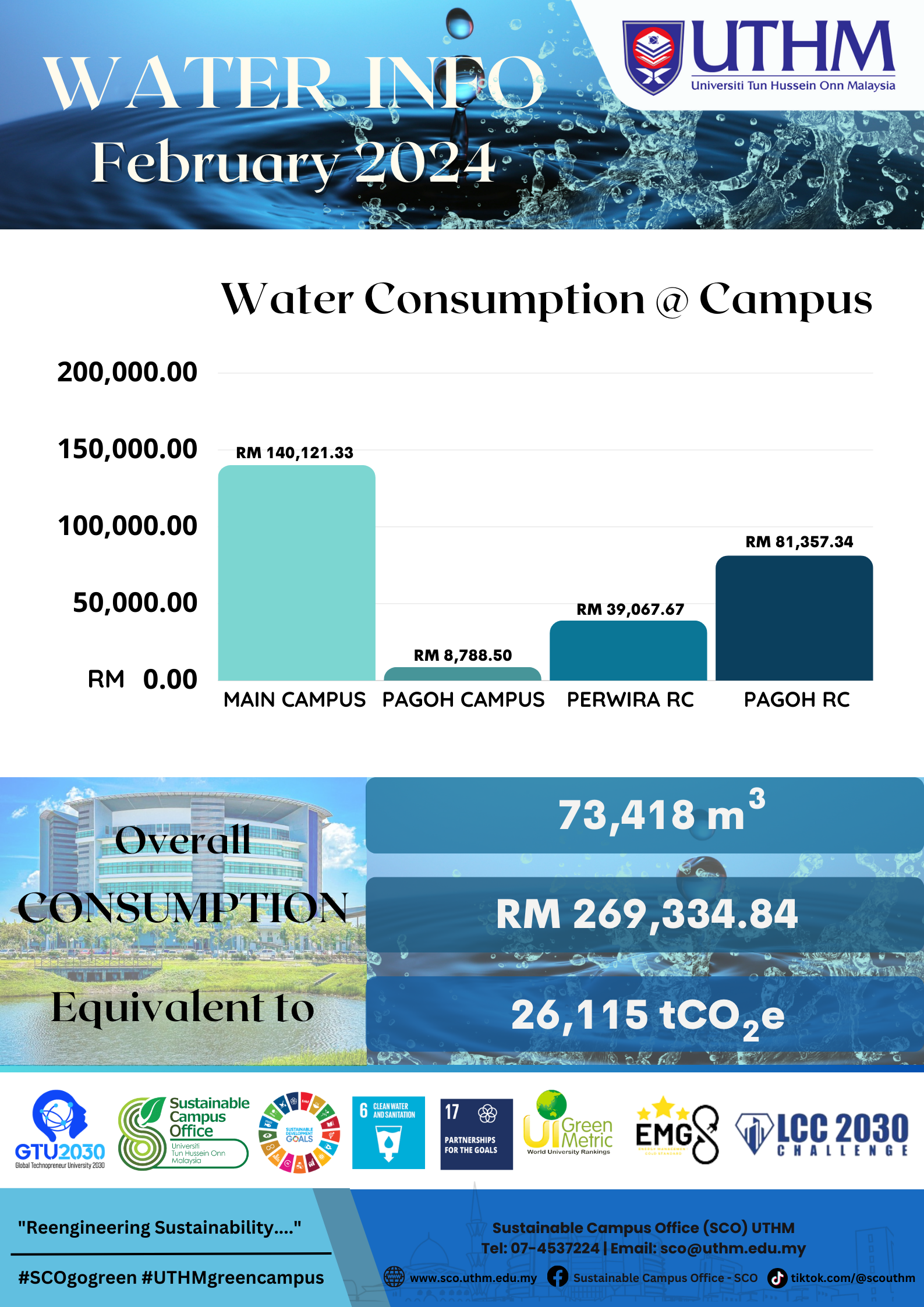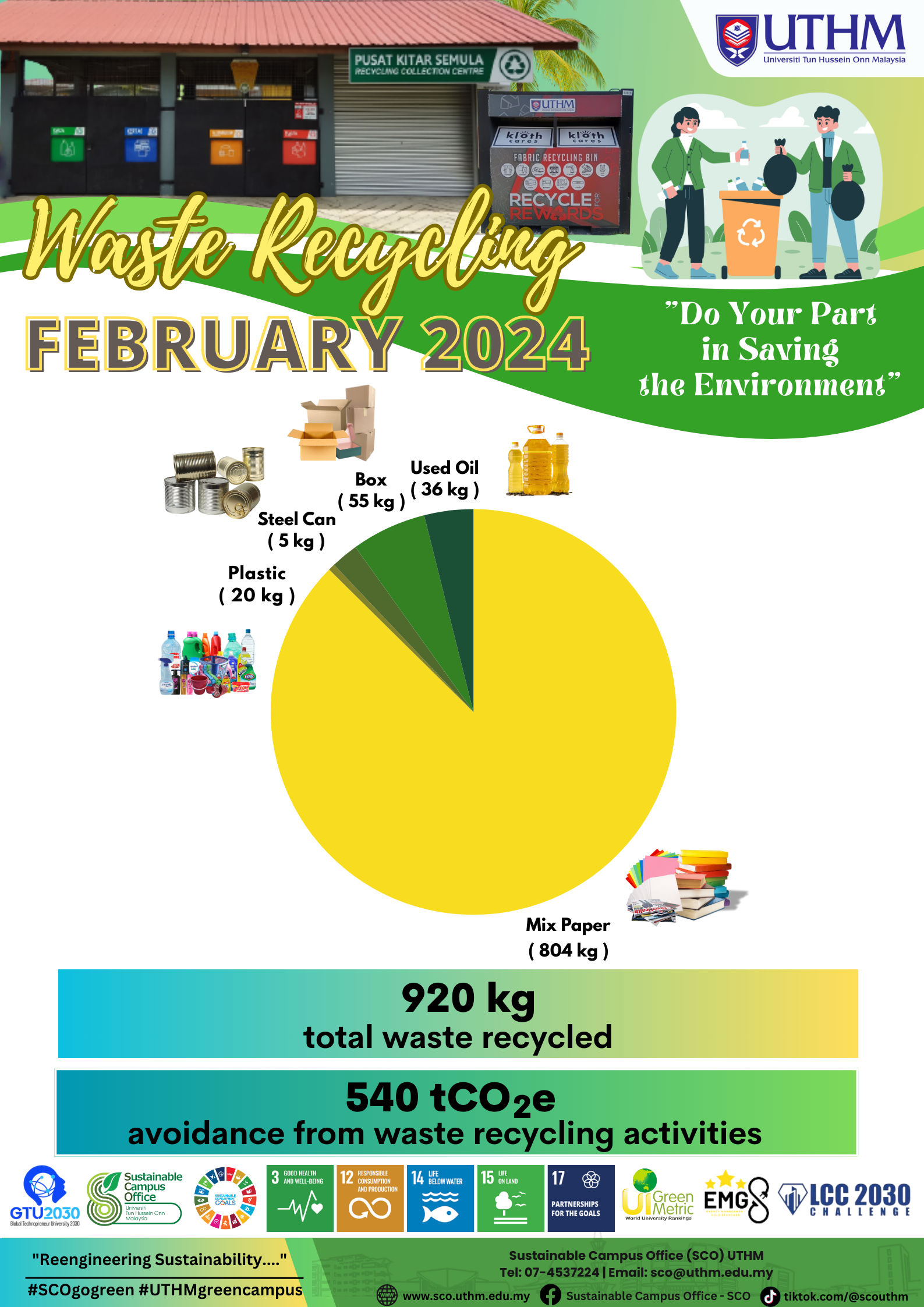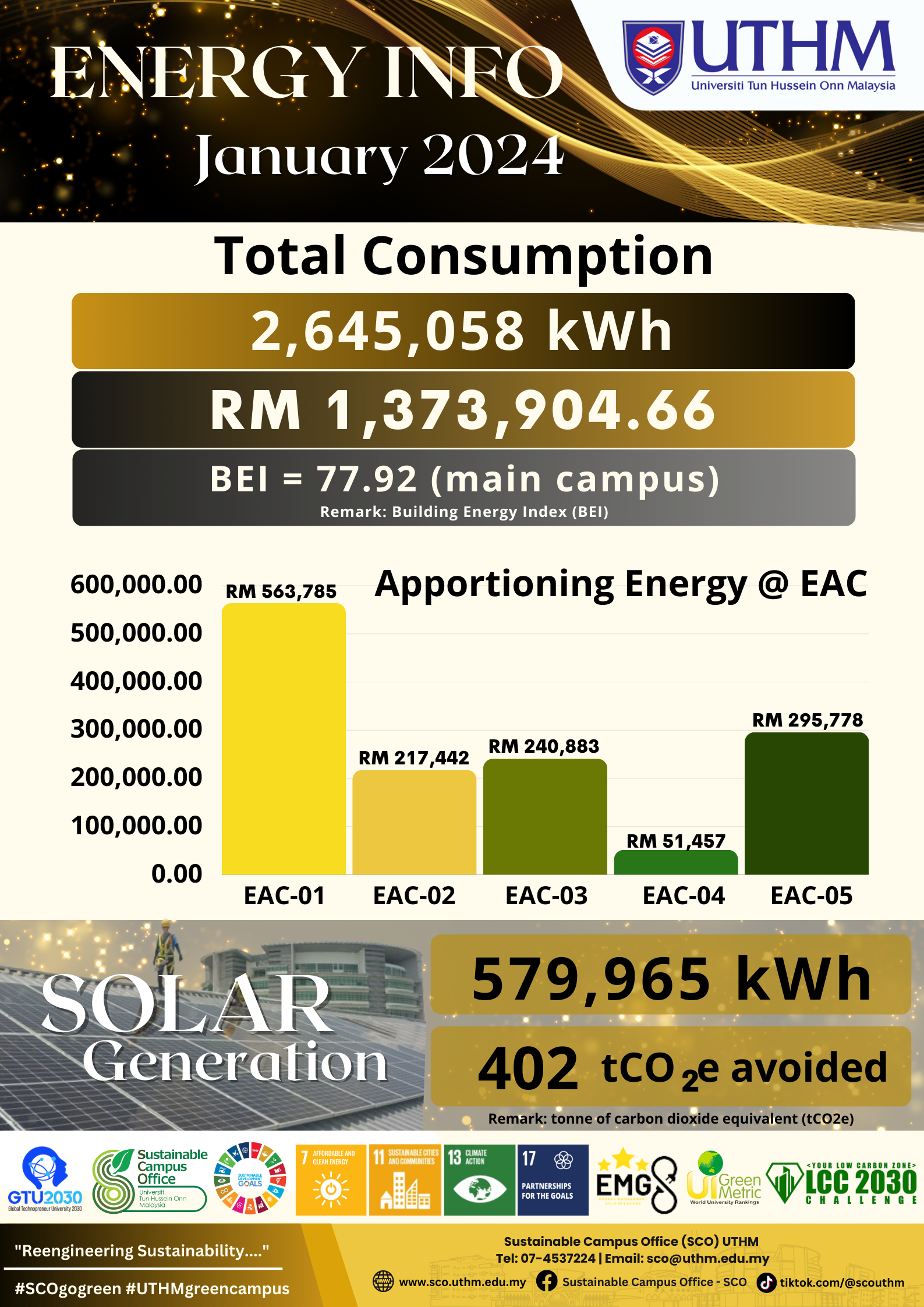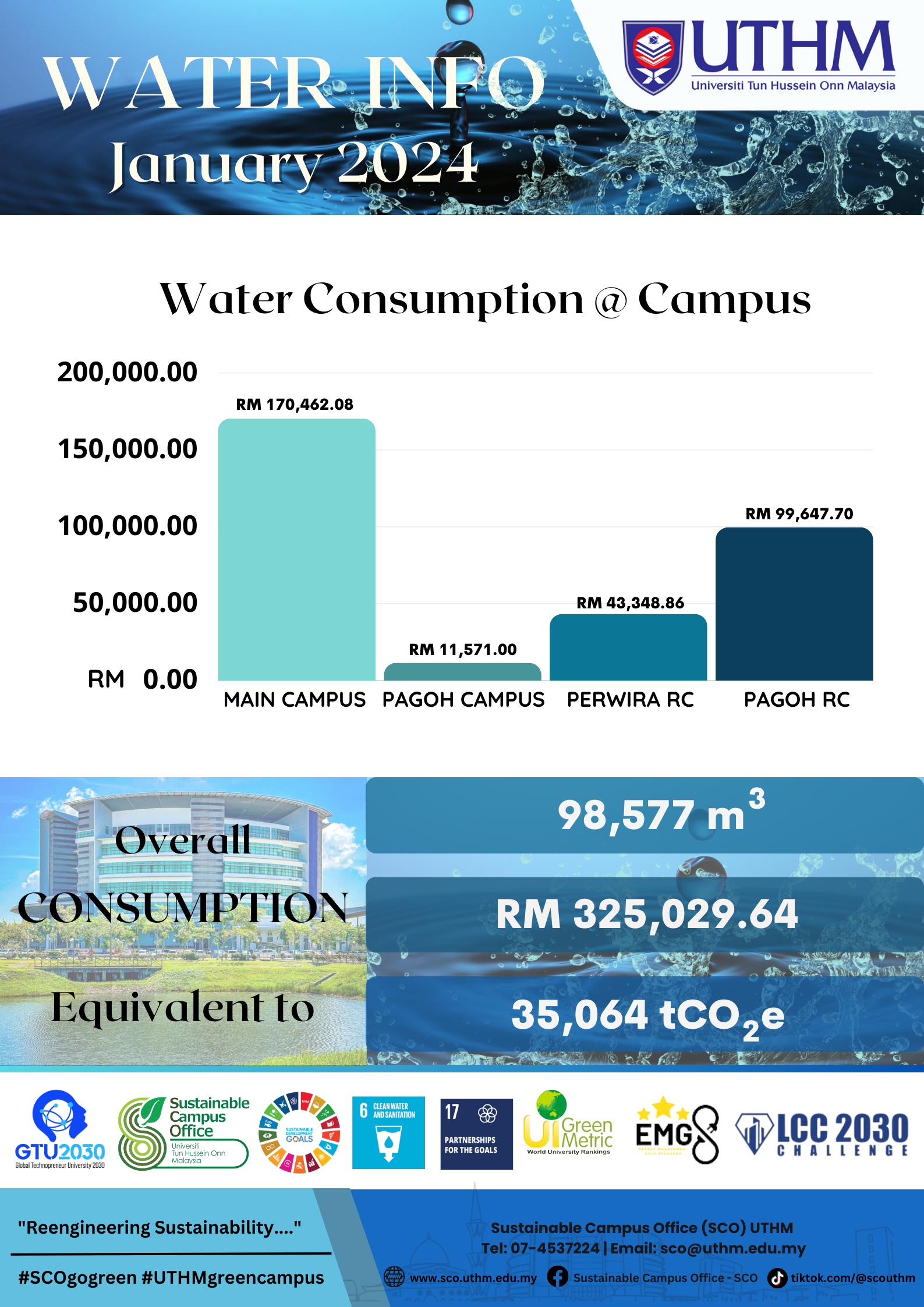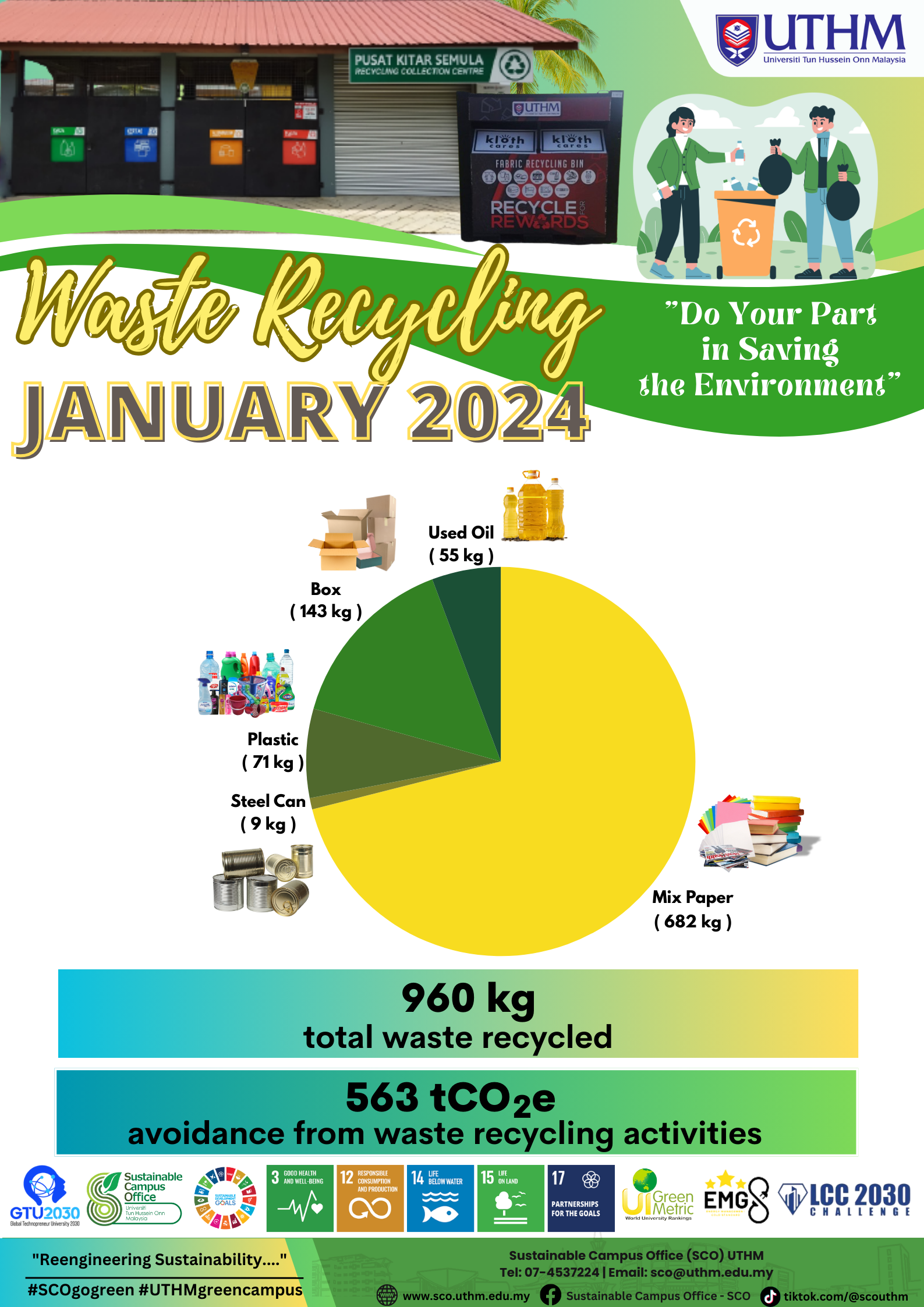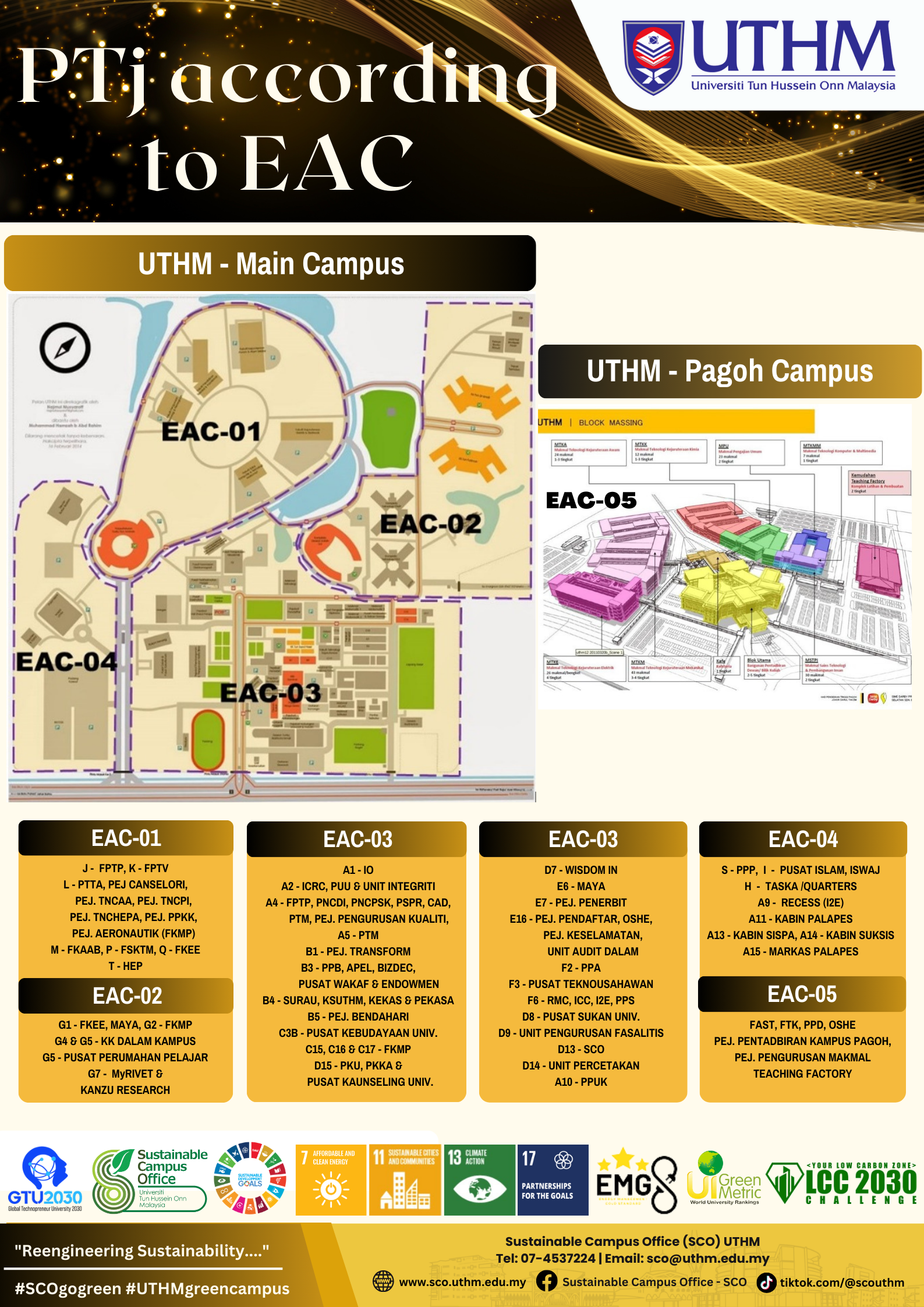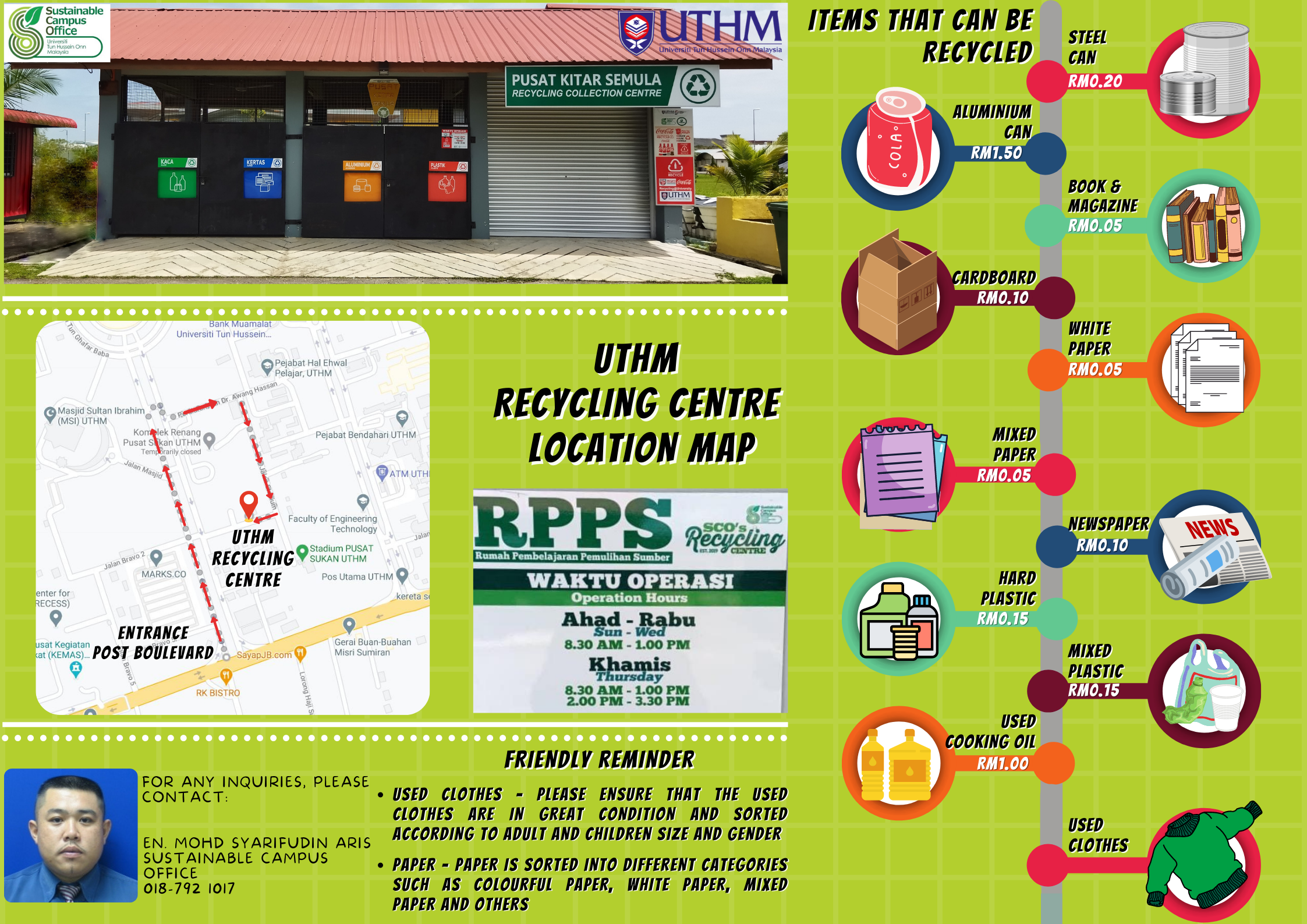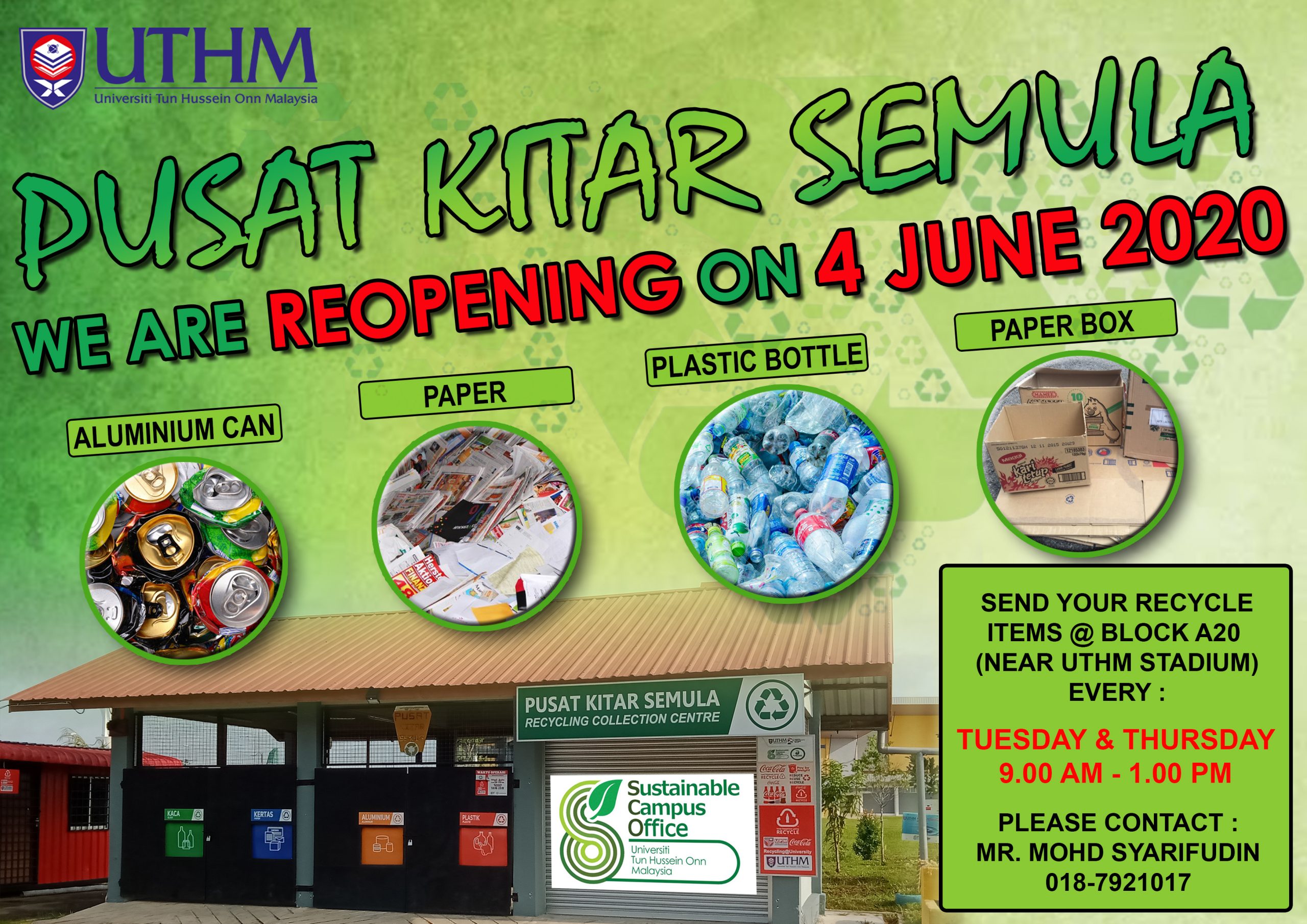“Zero Food Waste: From Garbage To Compost” Program
[smartslider3 slider=62]
Date:
23rd April 2019
Place/Venue:
Level 2, Tunku Tun Aminah Library (PTTA), UTHM
Participants:
UTHM students who are interested in and also students who take the environmental subject.
Description:
On 23rd April 2019, a program named “Zero Food Waste: From Garbage To Compost” was held at Level 2, Tunku Tun Aminah Library (PTTA), UTHM. This program was participated by UTHM students who were interested in and also students who had taken the environmental subject. This program aimed to introduced people to the use of organic waste as fertilizer to reduce the amount of garbage generated at home. Food waste is a type of waste produced at home that considered natural waste. The program was started with mini-game that gave an overview or exposure of what is composting, fermentation and items which can be composted. Throughout this program, participants were also explained about how to make compost fertilizer.
The demonstration was given on how to make fermented water and how to make compost fertilizer by using dry leaves, soil and fermented water. There are many benefits to this program one is reducing greenhouse gases. Greenhouse gases produced when littering happened without the separation of food waste from non-biodegradable waste. When food wastes are used as fertilizer, there will be less carbon dioxide and methane has been released which will chemically reduce the greenhouse effect. Next, by practicing ‘zero food waste’, we can save our money since there is no need to buy anything. Soil quality can be improved by using this compost fertilizer since it provides good nutrients to the soil itself. The lifespan of the plant that uses this natural fertilizer is expected to be longer, greener in color and sweeter in taste of the fruits produced.
